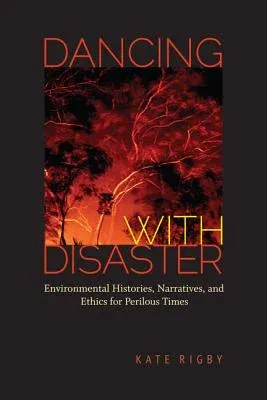Kate Rigby
(Author)Dancing with Disaster: Environmental Histories, Narratives, and Ethics for Perilous TimesPaperback, 6 March 2015

Qty
1
Turbo
Ships in 2 - 3 days
In Stock
Free Delivery
Cash on Delivery
15 Days
Free Returns
Secure Checkout
Part of Series
Under the Sign of Nature
Part of Series
Under the Sign of Nature: Explorations in Ecocriticism
Print Length
240 pages
Language
English
Publisher
University of Virginia Press
Date Published
6 Mar 2015
ISBN-10
081393690X
ISBN-13
9780813936901
Description
Product Details
Author:
Book Format:
Paperback
Country of Origin:
US
Date Published:
6 March 2015
Dimensions:
22.86 x
15.49 x
1.52 cm
Genre:
Urban Studies
ISBN-10:
081393690X
ISBN-13:
9780813936901
Language:
English
Location:
Charlottesville
Pages:
240
Publisher:
Weight:
317.51 gm

